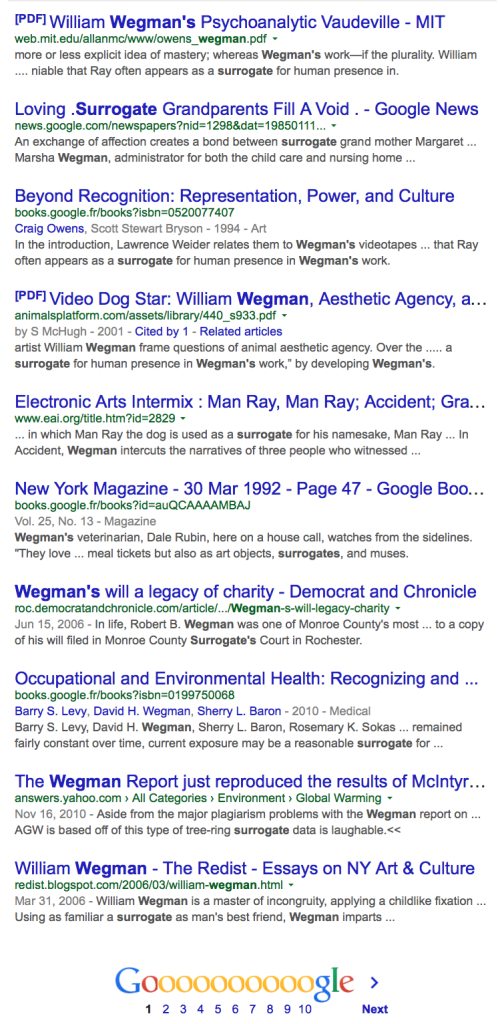As you can see, I’m having a competition with myself for the most boring title ever.
The story, though, is not boring. Paul Alper writes:
I just came across this in the NYT.
Here is the NEJM article itself:
And here is the editorial in the NEJM:
The gist is that on the basis of previous studies without a control arm, renal denervation was thought to be a blockbuster treatment for those suffering from very high blood pressure. The randomized clinical trial with a sham procedure as the control (placebo) found that the effect seems to be mainly psychological. I suppose the moral of the story is that unless there is a control arm, enthusiasm must be tempered. Note too that the U.S. FDA comes out appearing properly slow and skeptical while the Europeans and Australians were too eager to believe in renal denervation.
Paul followed up with this:
Our local newspaper today had an AP article about drugs which lower cholesterol but speculated that despite the lower cholesterol, the lowering of mortality by the drugs are yet to be proved.
To see whether you have already blogged about “surrogate criteria,” I googled *surrogate Gelman* and came up with this and this, which contains this sentence:
The objective of NRL’s research is to develop tissue surrogate materials that simulate the mechanical and acoustical properties of biological tissues. These are then assembled into an experimental test system of the human thorax, called “GelMan,” for assessing blunt forces and blast dynamics.
Hey, I used to work at NRL!
Paul continued:
While I still don’t know what a “GelMan” is, I also found this by a Gelman which has to do with vomiting.
I assume he was referring to my encounter with the Barfblog.
Paul continued:
Note the reference to a “Fisher,” but not R.A.
Just for giggles, I googled *surrogate Alper* and sure enough found many web sites for conceiving a new life and dealing with the end of life by people who have Alper as a last name. One wonders if *surrogate any-name-what-so-ever* would also produce a bunch of google hits.
Hmmm, let’s see what comes up:

Cool—it works!
P.S. I would’ve given this post the title, “GelMan Thoracic Surrogate for Underwater Threat Neutralization,” but that wouldn’t have been boring enough.
The problem with surrogate criteria can be illustrated thusly: Suppose a car’s dashboard light goes on indicating a problem exists. The proper way to solve the problem is to have the car inspected by a mechanic who fixes the problem and the light is extinguished. That costs money and time. Instead, duct tape can be used to cover the dashboard light and the light is consequently no longer visible.
The surrogate criterion in this instance is quelling the light rather than removing the cause of illumination.
Probably worth noting that the reduction in blood pressure in the sham-procedure control group isn’t necessarily due only to a psychological ‘placebo effect’; it could also be due in whole or part to regression to the mean, as patients were entered into the trial only if they had very high blood pressure before it started.
Yep, two groups of people are never exactly the same and the same group of people at two different times are never exactly the same. This type of result makes obvious the affirming the consequent error that is made by assuming an “effect” is due to the treatment. Even if the placebo effect had not been visible this problem would remain, something else important may have differed between the surgery and sham groups.
The limiting of the data presented to mean + error bars makes it impossible to explore these results to figure out what may have actually been going on. We need to know the values of the independent variable for each patient.